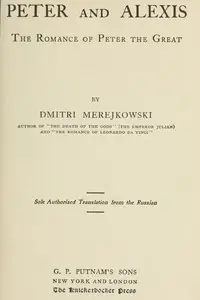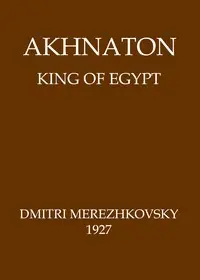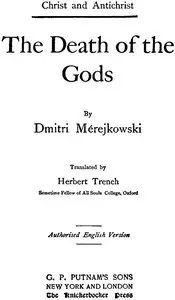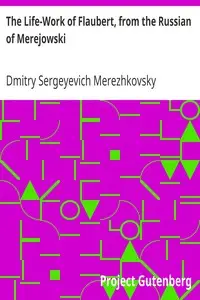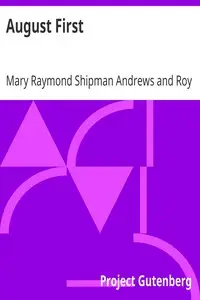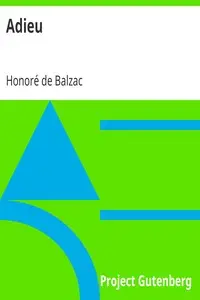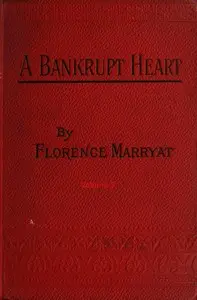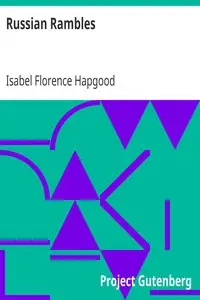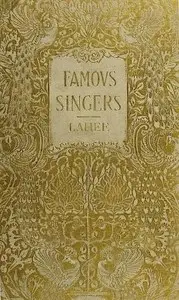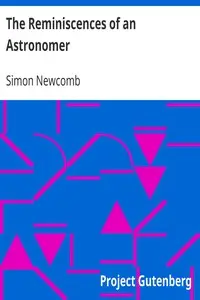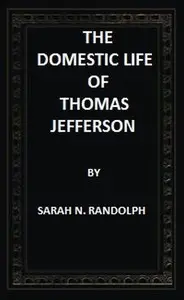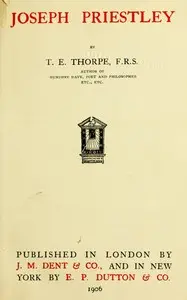"The Romance of Leonardo da Vinci, the Forerunner" by Dmitry Sergeyevich Merezhkovsky is a historical novel written in the early 20th century. This narrative explores the life and times of the great Renaissance polymath, Leonardo da Vinci, along with the themes of art, science, and the philosophical dilemmas of his era. The novel centers around Leonardo's character, delving into both his artistic genius and the societal challenges he faced, providing a lush backdrop of the Italian Renaissance. At the start of the work, the reader is plunged into the vibrant and tumultuous world of Florence in 1494. Through the eyes of characters like Messer Cipriano Buonaccorsi and Giovanni Boltraffio, we encounter a society grappling with the relics of paganism and the rise of Christian orthodoxy. The opening scenes depict a significant day when the discovery of ancient statues leads to a clash between emerging humanistic values and the rigidly enforced morals of the Church. Giovanni, a young painter and apprentice to Leonardo, is introduced, and his internal struggles and aspirations foreshadow his quest for artistic truth amidst the chaos of dogma and tradition. As the narrative unfolds, it sets the stage for a deeper exploration of Leonardo's character and the conflicting ideologies of the time. (This is an automatically generated summary.)
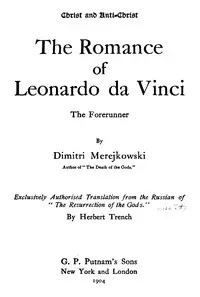
The Romance of Leonardo da Vinci, the Forerunner
By Dmitry Sergeyevich Merezhkovsky
"The Romance of Leonardo da Vinci, the Forerunner" by Dmitry Sergeyevich Merezhkovsky is a historical novel written in the early 20th century. This na...
Dmitry Sergeyevich Merezhkovsky was a Russian novelist, poet, religious thinker, and literary critic. A seminal figure of the Silver Age of Russian Poetry, regarded as a co-founder of the Symbolist movement, Merezhkovsky – with his wife, the poet Zinaida Gippius – was twice forced into political exile. During his second exile (1918–1941) he continued publishing successful novels and gained recognition as a critic of the Soviet Union. Known both as a self-styled religious prophet with his own slant on apocalyptic Christianity, and as the author of philosophical historical novels which combined fervent idealism with literary innovation, Merezhkovsky became a nine-time nominee for the Nobel Prize in literature, which he came closest to winning in 1933. However, due to contested claims that he expressed regard for Fascism as a lesser evil than Communism during the outbreak of war between Germany and the USSR shortly prior to his death, his work largely fell into neglect after World War II.

